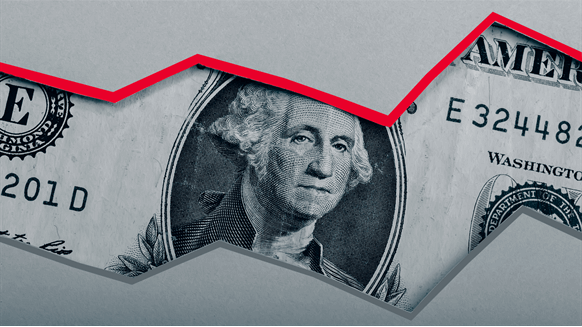Argentina has set the price of oil received by drillers at $56, well below international levels, as it struggles to prevent inflation from spiraling out of control after this week’s currency devaluation, according to two people familiar with the matter. topic
Crude drillers in the growing Vaca Muerta shale patch will get $56 a barrel through Oct. 31. Argentine oil prices were already decoupled from global markets, but Thursday night’s decision means shale companies will receive 11% less than the $63 local light crude was trading at. in the second trimester. The new price is also a big departure from Brent, which is around $84.
Producers of heavier Escalante crude in other regions will get a $5 discount off current prices, one of the people said.
State-owned YPF SA, which has the largest share of Vaca Muerta production, fell more than 3 percent in New York trade, before paring some of the losses.
A spokesman for Economy Minister Sergio Massa declined to comment on the new barrel price, pointing only to the minister’s public comments on Thursday about freezing gasoline and diesel prices until October.
Argentina has frozen fuel prices at the pump after refiners, including market leader YPF, rose 12.5% this week on the back of a drop in the peso.
Massa, the ruling party’s candidate in October’s presidential election, is trying to prevent the full brunt of the devaluation from immediately passing on to consumer prices across the board. Inflation in July was already at 113%.
Oil producers are forced, in part, to bear the cost of capping fuel prices. That could be bad news for activity in Vaca Muerta, which Argentina wants to develop as quickly as possible to stimulate exports and bring in much-needed export dollars.
But interventions like this have slowed the region, whose crude output of about 300,000 barrels a day pales in comparison to rival shale formations in the US.
Massa promised the drillers some benefits in return: the deferment of export taxes, faster access to the hard currency and potentially relief from some import taxes, one of the people said.
The decision recalls a controversial policy during the last presidential campaign in 2019, when the peso weakened and then-leader Mauricio Macri moved to control fuel prices.
Javier Milei, the libertarian favorite in this electoral race, promises to completely free the Argentine oil markets.


